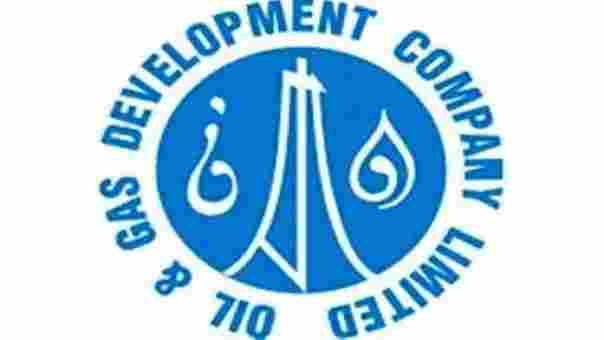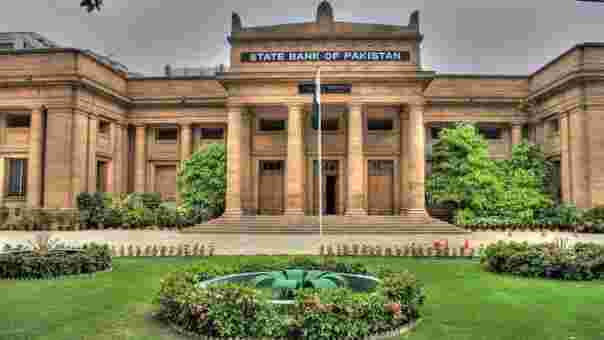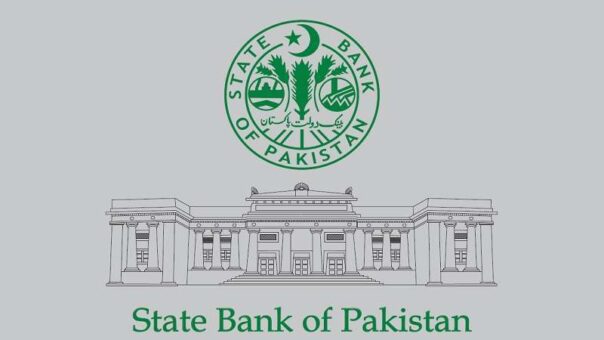KARACHI, August 20, 2024 – In a significant financial development, the private sector has retired over Rs 400 billion in loans from July 1 to August 9, 2024, according to data released by the State Bank of Pakistan (SBP) on Tuesday.
(more…)Category: Top stories
Find top stories in this section. Pakistan Revenue brings you the latest and most important news from Pakistan and around the world, keeping you informed with key updates and insights.
-

FBR Threatens Disciplinary Action Over Choice Postings
Karachi, August 20, 2024 – The Federal Board of Revenue (FBR) issued a stern warning on Tuesday to its officers, cautioning against the use of influence to secure preferential or “choice” postings within the organization.
(more…) -

Airlink Pakistan Partners for Assembling Acer Products
AirLink Communication Limited has forged a significant alliance with Acer Gadget Inc., marking a milestone for both companies and the Pakistani tech sector.
(more…) -

PM Shehbaz Directs Boost in Public Sector Cargo Via Gwadar Port
ISLAMABAD, August 20, 2024 – Prime Minister Shehbaz Sharif has issued directives to ensure that 50 percent of all public sector cargo is routed inland by sea via Gwadar port, marking a significant move to enhance the strategic importance of Pakistan’s deep-sea port.
(more…) -

OGDCL Unveils Major Gas Discovery at Razgir-1 Well in KPK
Karachi, August 19, 2024 – In a significant development for Pakistan’s energy sector, Oil and Gas Development Company Limited (OGDCL) announced the discovery of gas from the Razgir-1 Exploratory Well located in the Kohat district of Khyber Pakhtunkhwa.
(more…) -

Pakistan’s Current Account Deficit Shrinks by 78% in July
Karachi, August 19, 2024 – Pakistan witnessed a sharp 78% reduction in its current account deficit for July 2024, driven by robust export performance and a surge in remittances. The State Bank of Pakistan (SBP) reported on Monday that the deficit for the month stood at $162 million, a significant improvement from the $741 million recorded in July 2023.
(more…) -

Urban Flooding Alert Issued for All Major Cities of Pakistan
Islamabad, August 18, 2024 – The National Disaster Management Authority (NDMA) has issued a critical alert for urban flooding across all major cities and urban centers in Pakistan, as more monsoon rains are anticipated from the evening of August 18th to August 19th.
(more…) -

Gold Soars to Record High of Rs 260,200 per Tola in Pakistan
Karachi, August 17, 2024 – In a remarkable surge, gold prices in Pakistan have reached an all-time high, hitting Rs 260,200 per tola on Saturday. This record-breaking figure marks an increase of Rs 2,500 from the previous day’s close of Rs 257,700, setting a new milestone for the precious metal in the country.
(more…) -

Mobile Phone Imports Plummet 77% in July Due to Soaring Taxes
Karachi, August 17, 2024 – Mobile phone imports in Pakistan have witnessed a staggering 77% decline on a month-on-month (MoM) basis in July 2024, according to data released by the Pakistan Bureau of Statistics (PBS).
(more…) -

SBP Raises SME Clean Lending Limit to Rs 10 Million
Karachi, August 16, 2024 – In a significant move to bolster the financing landscape for Small and Medium Enterprises (SMEs), the State Bank of Pakistan (SBP) announced on Friday an increase in the clean lending limit to Rs 10 million.
(more…)